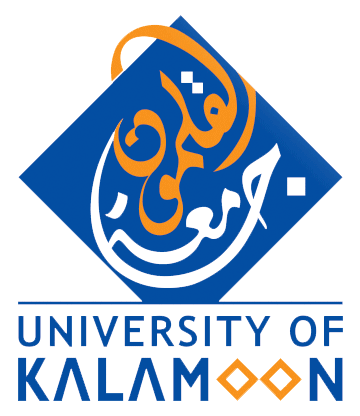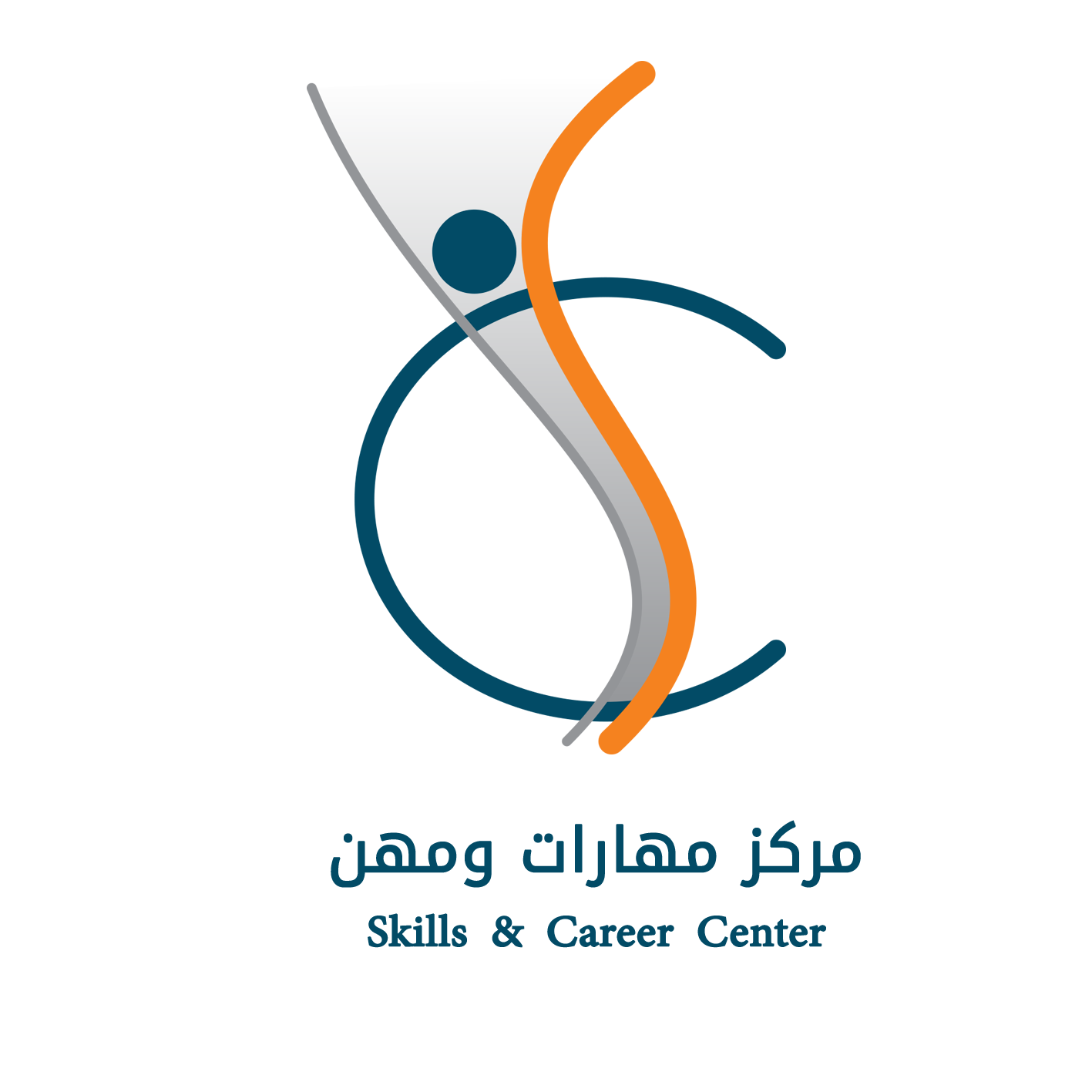Skills and Career Center
Vision:
We seek to build and achieve the prosperity of the national economy by supplying the community, institutions and companies with strong qualified and trained cadres capable of giving high-quality and perfect outcomes.
Mission:
We would like to build a man for the present and for a better tomorrow by training the students, alumni and staff of the University of Kalamoon as well as the local community on how to acquire skills to strengthen the leadership in the world of business and to meet the needs of individuals and institutions in the labor market. Furthermore, we guide students on finding new job opportunities or starting their own business.
Values:
We:
- believe in the right of the individual to learn and work.
- believe that the trained human resources is the capital of any institution or company.
- trust the individual’s capabilities and potentials.
- emphasize that the constant qualifying and training create a better tomorrow.
- work for sustainable development.
Intended Strata:
Everyone who is interested in pioneering and distinction.
Objectives:
- Honing and increasing the necessary and contemporary skills of the individual’s work through doing short and long term training courses.
- Motivating young people to be more active in their communities through giving vocational guidance and counseling.
- Graduating an alumnus who is a generator of job opportunities which results in reducing the unemployment rate.
- Connecting trained and qualified human resources with employers in a professional way.
Today our world is witnessing continuous changes in the field of science, knowledge and culture and rapid developments in all walks of life as a result of advanced technology and the accumulation of human knowledge and experience. All of this requires creative thinking to have a distinguished individual in the world of business, brings forward the prosperity and development of the economy, is reflected in the quality of life and maintains human dignity.
As a result, it is necessary to give the right vocational guidance, and enhance the theoretical education with the practical skills needed because training right now is the strategic choice for developing and taking advantage of the human resources to the utmost.
What does training mean? What is the objective?
It is the complement of the theoretical education course. In addition, training is those efforts that aim to provide the individual, whether he is a student or a worker in any field, with information and knowledge which is a way to build and increase skills and acquire knowledge. Training is the way to positively modify behavior as well. It is noteworthy to make a mention of the objectives training seeks to achieve. They are as follows:
- Bridging the gap between academic education and the real requirements of labour market alongside the rapid development in the field of technology and knowledge.
- Providing young people with high-quality and practical skills to contribute to making their own businesses or to enter the labour market successfully which reduces the unemployment rate.
- Preparing individuals to perform higher-level work in the future.
- Mastering work, reducing errors and all kinds of loss and increasing production.
- Helping everyone to understand the relationship between their work, the work of others and the objectives of the party they work for.
Training Principles:
keeping pace with development: Training ensures everything which is new and modern in the various areas of work, and is done through up-to-date methods and technology of training.
Gradual Progress: Training first begins to address simple problems. Then it addresses more difficult problems until it reaches addressing the most difficult and complicated problems.
Continuity: Training starts with the beginning of the individual’s career, and continues long after; and step by step it is promoted and developed in line with what the development of the individual’s career requires.
Realism: Training meets the actual needs of the trainees, and is commensurate with their levels.
Objective: The objective of training, which is set according to the actual needs of trainees, is precise, clear, objective, realistic and applicable.
Inclusion: Training addresses all functional levels of the career.
Training Courses:
Place: Training courses are held in Skills and Careers Centre as workshops.
Duration: The number of hours and days of any course are determined when announcing.
Number of participants: 12 to 18 participants.
Date and subscription fee of any course are determined beforehand.
Certificate: The participant is awarded a certificate of attendance at the end of the course.
Seminars:
Two seminars are monthly held at Skills and Careers Centre.
Duration: An hour and a half.
No need for subscribing beforehand.
No subscription fees.
Public Invitation.



